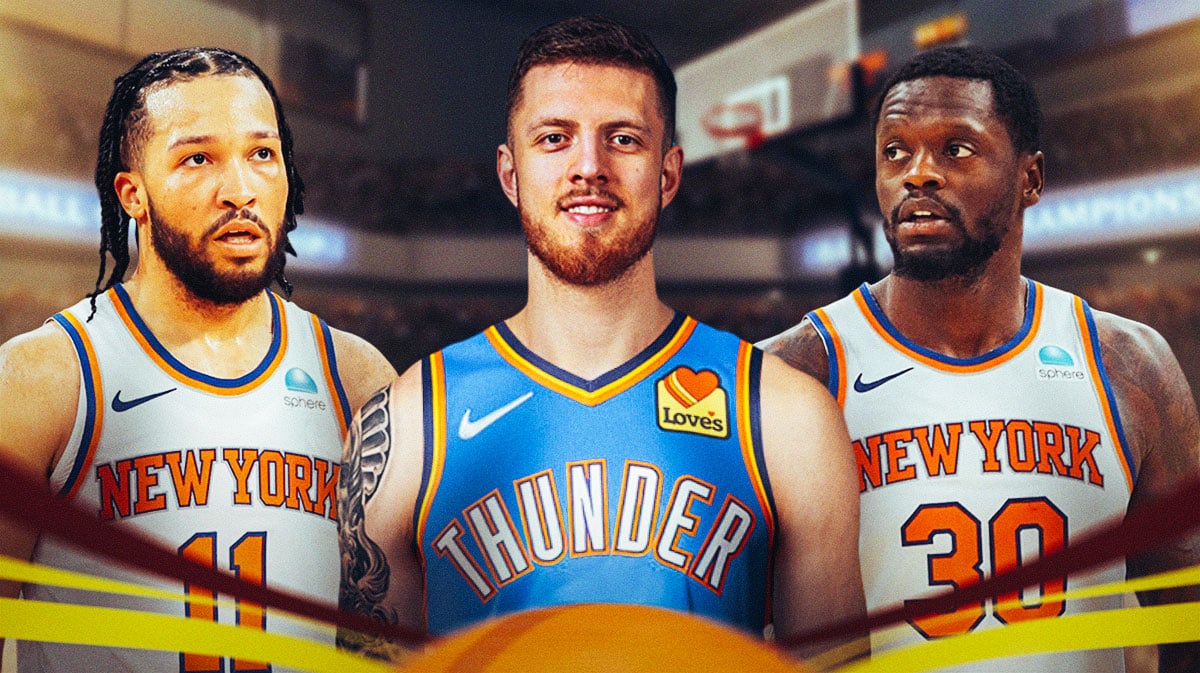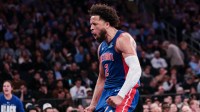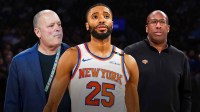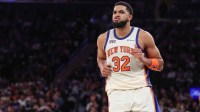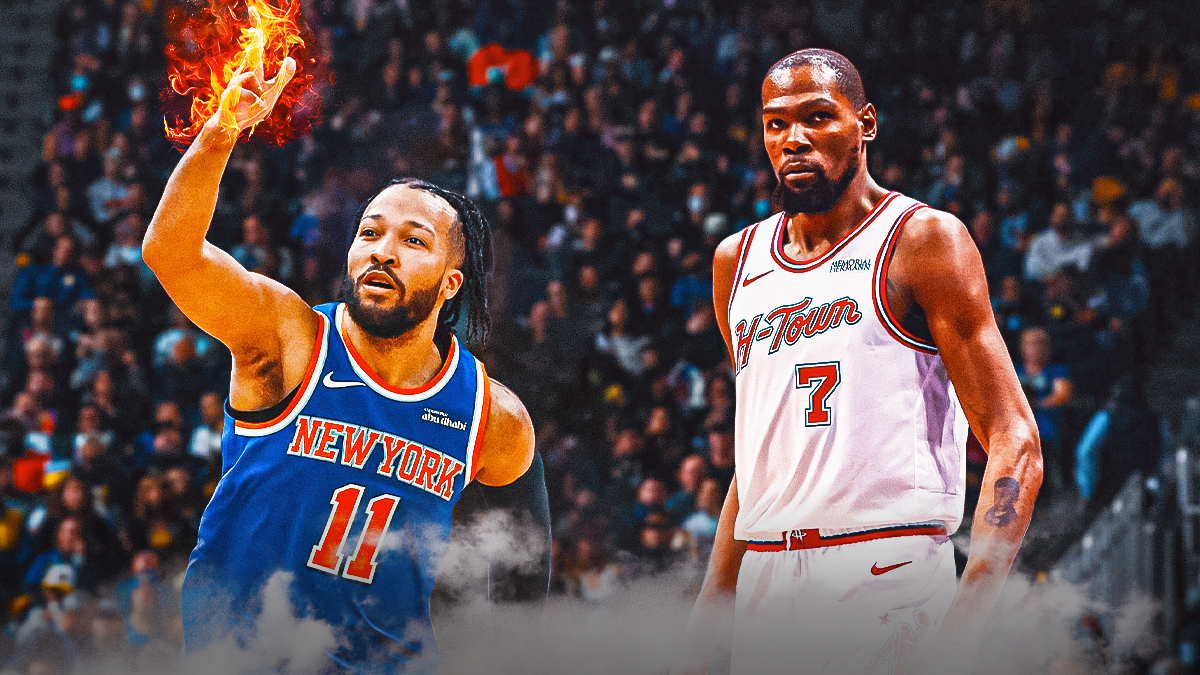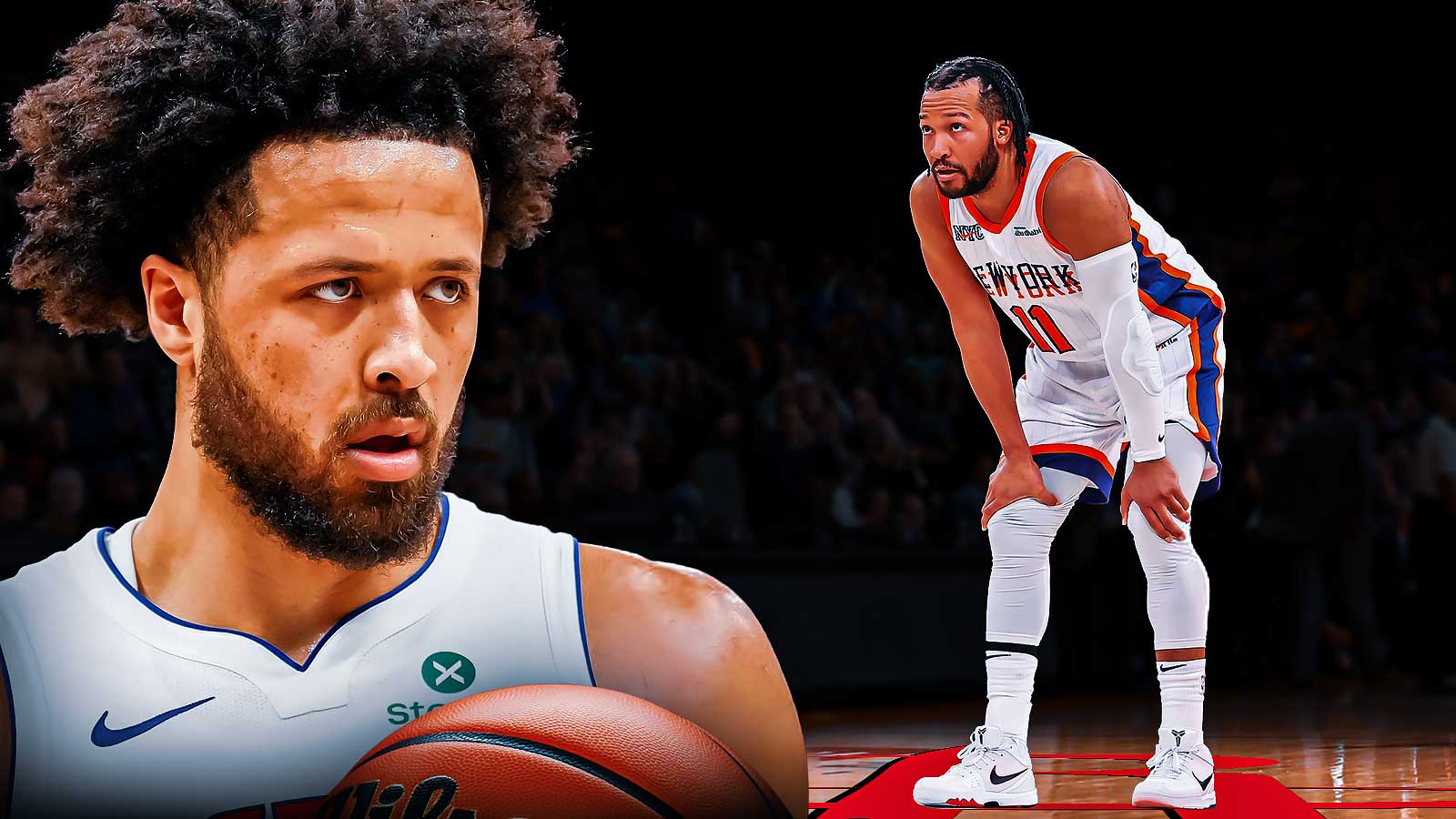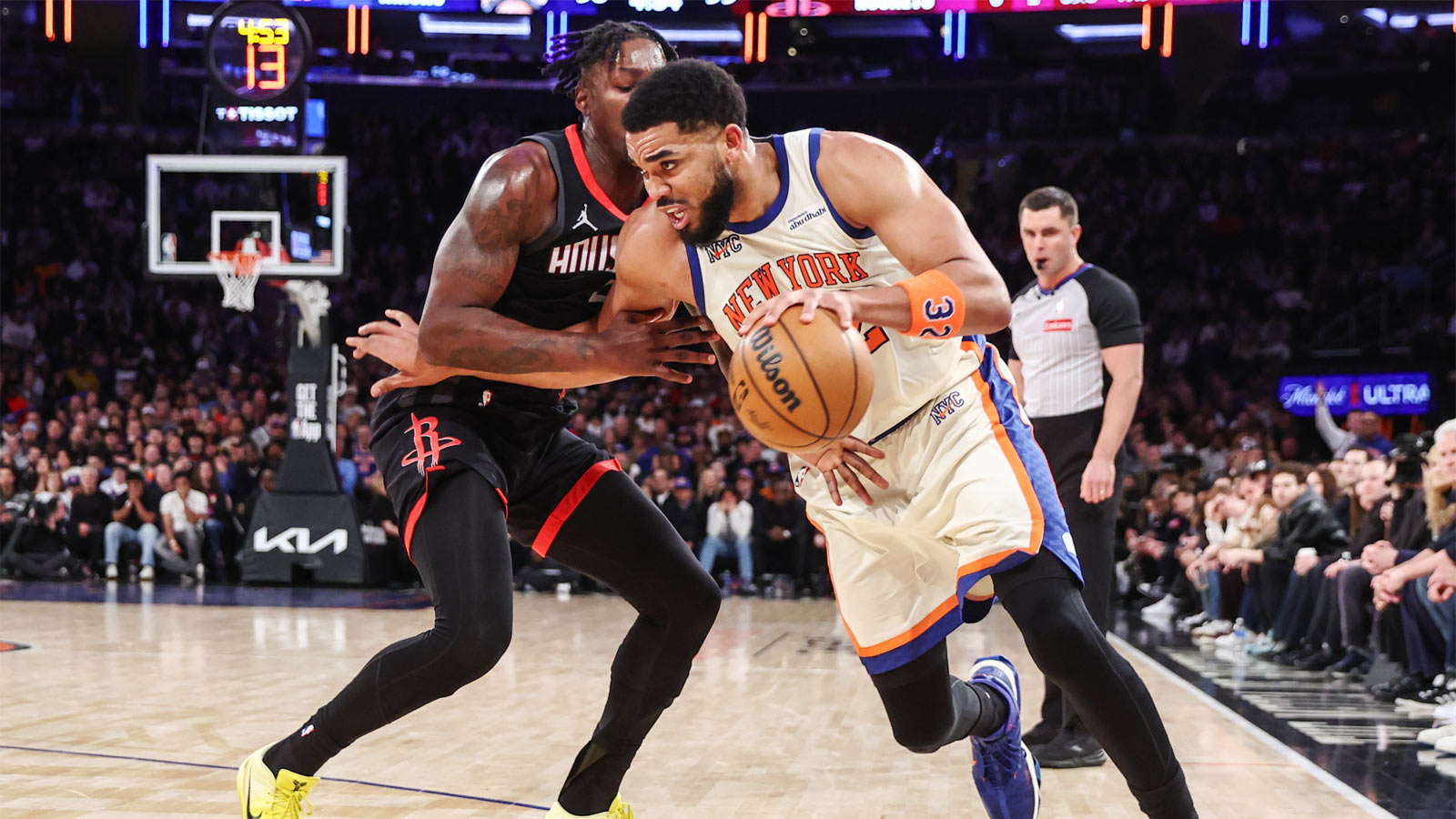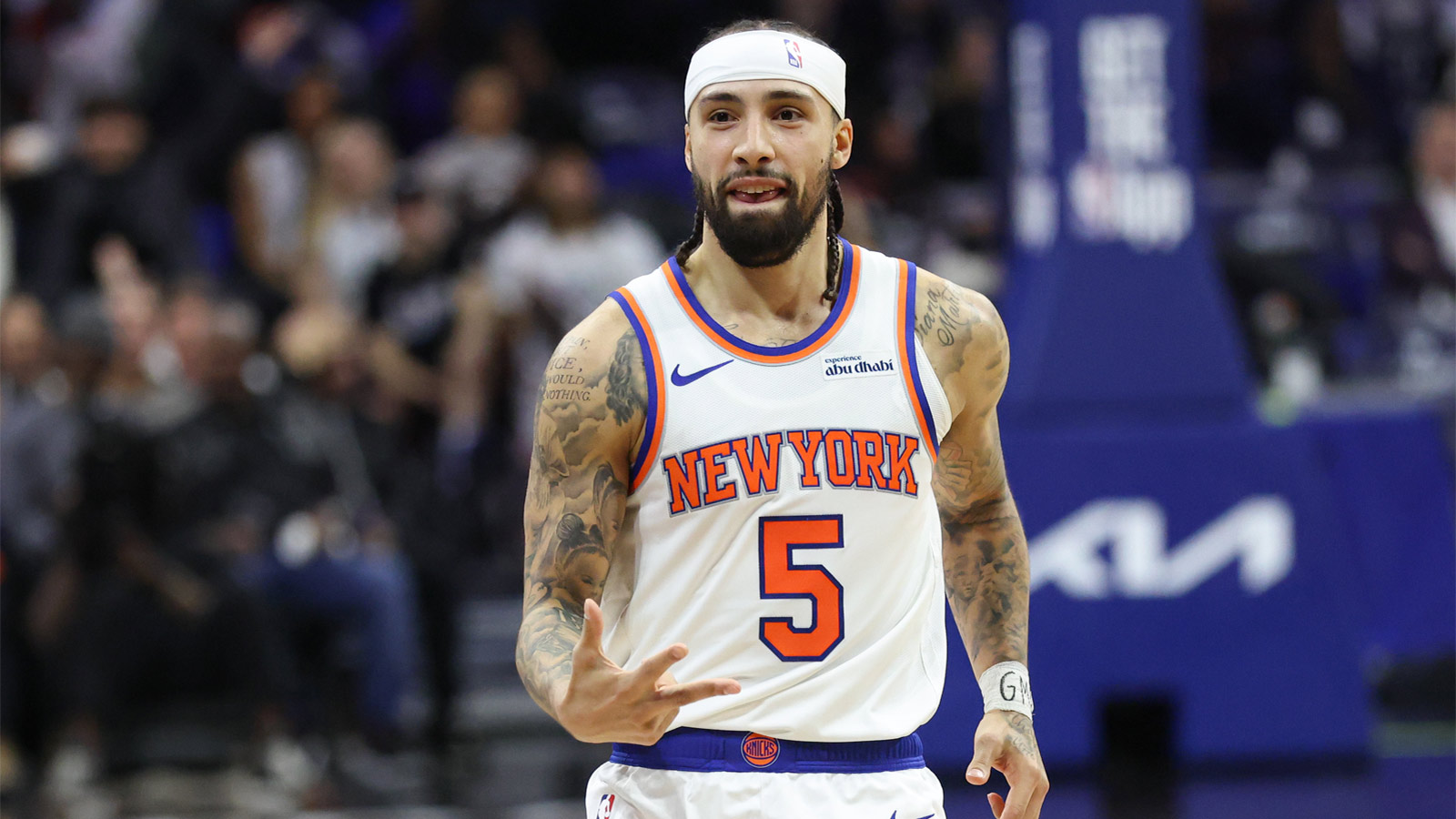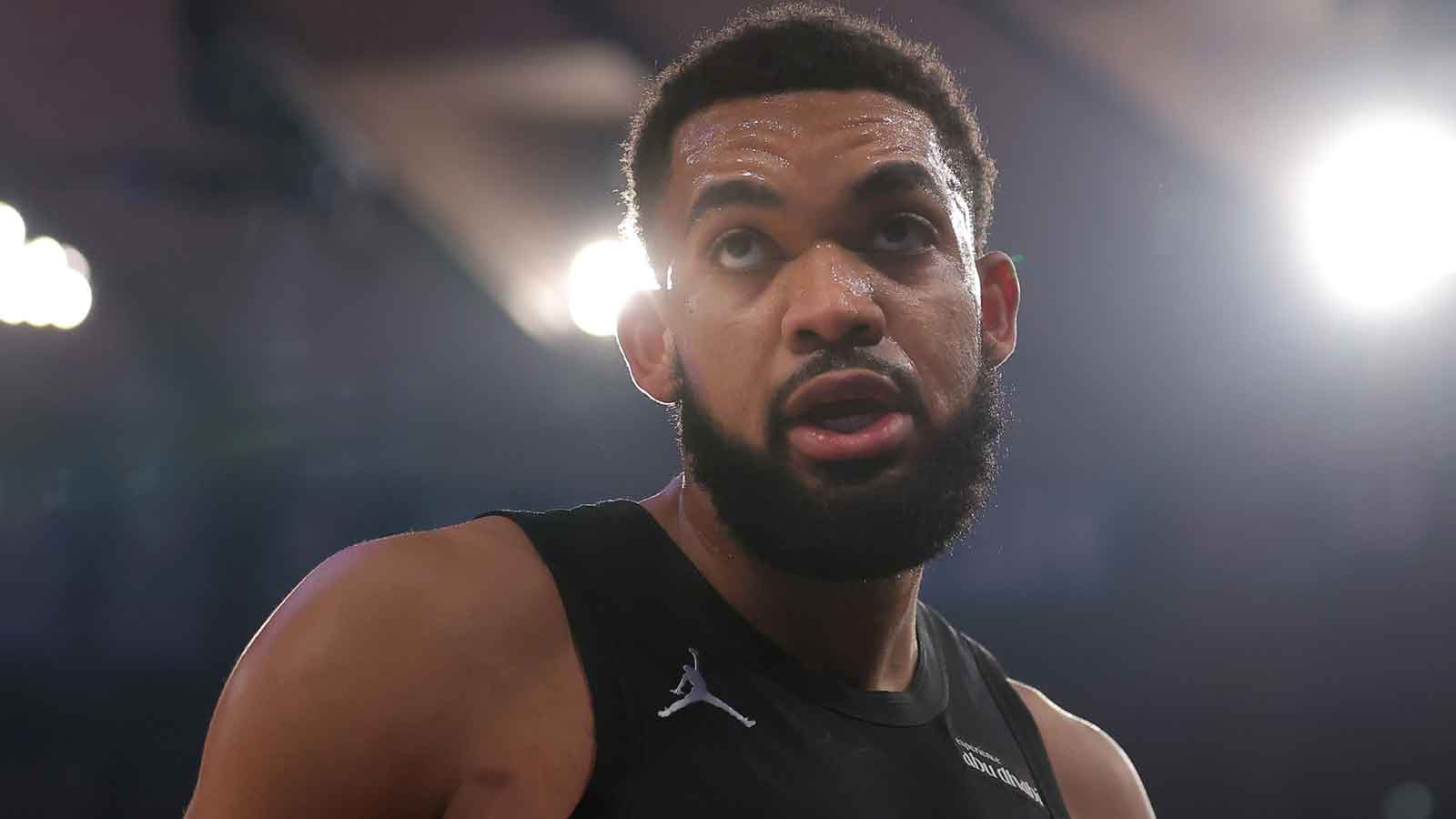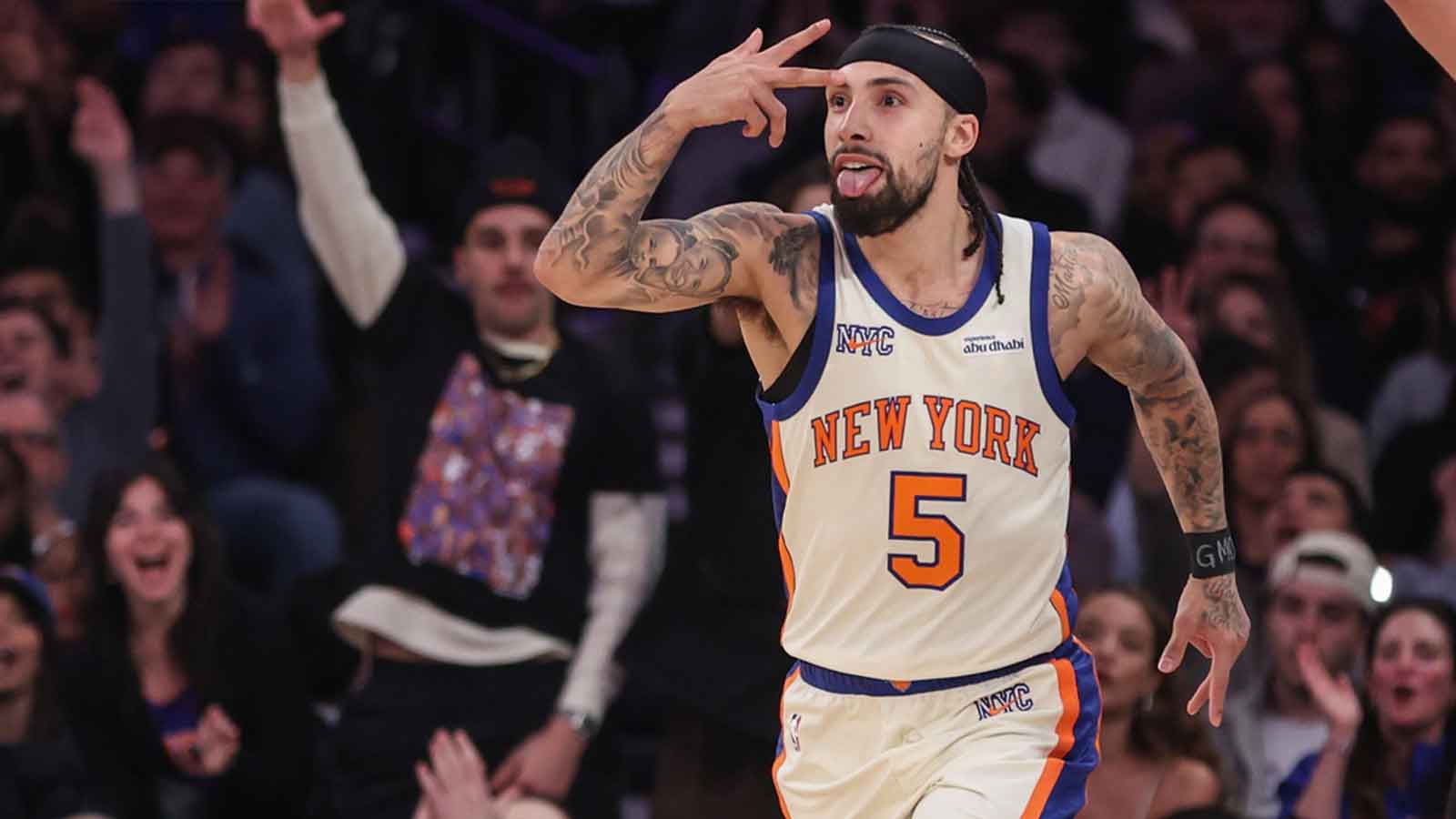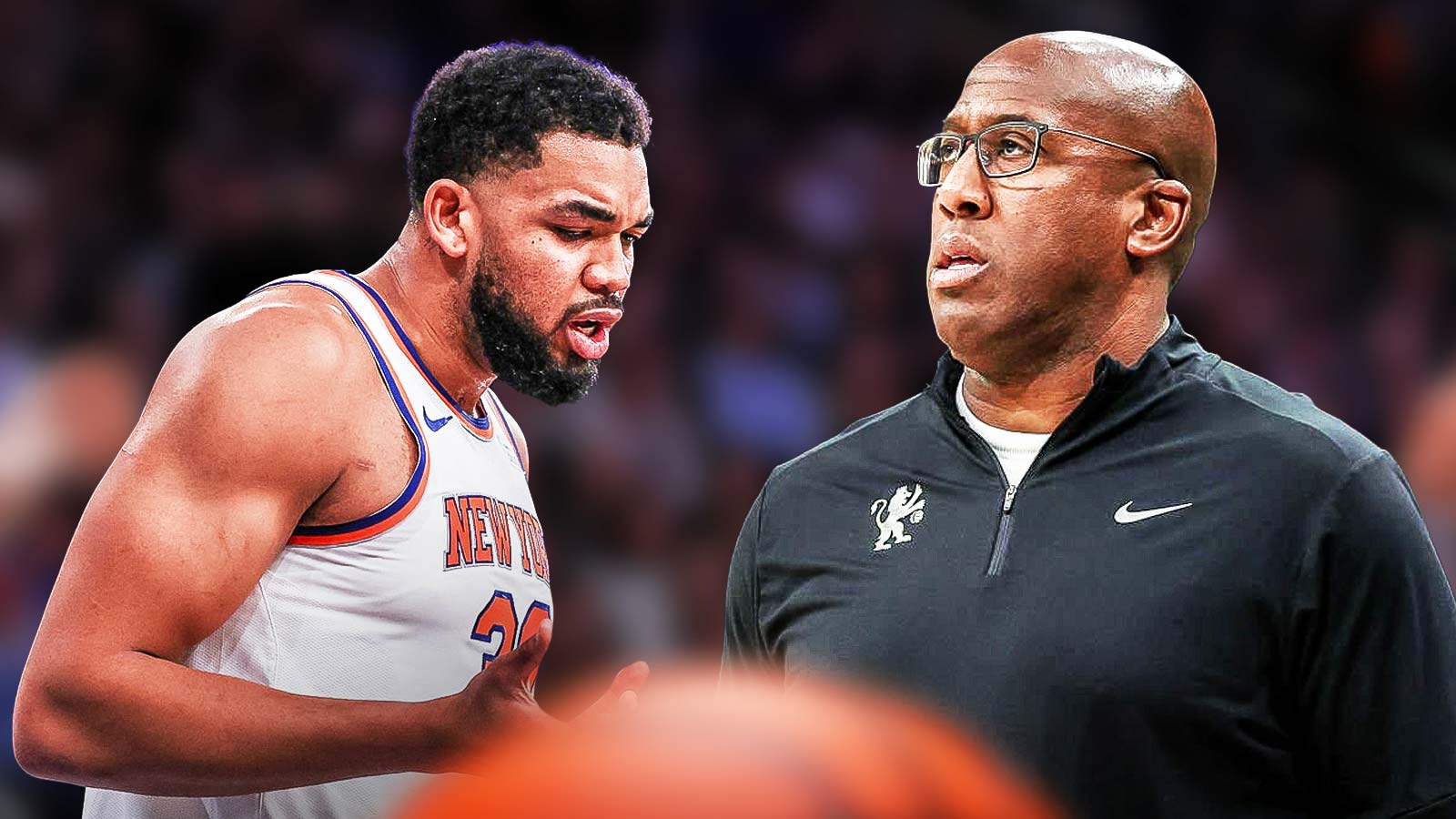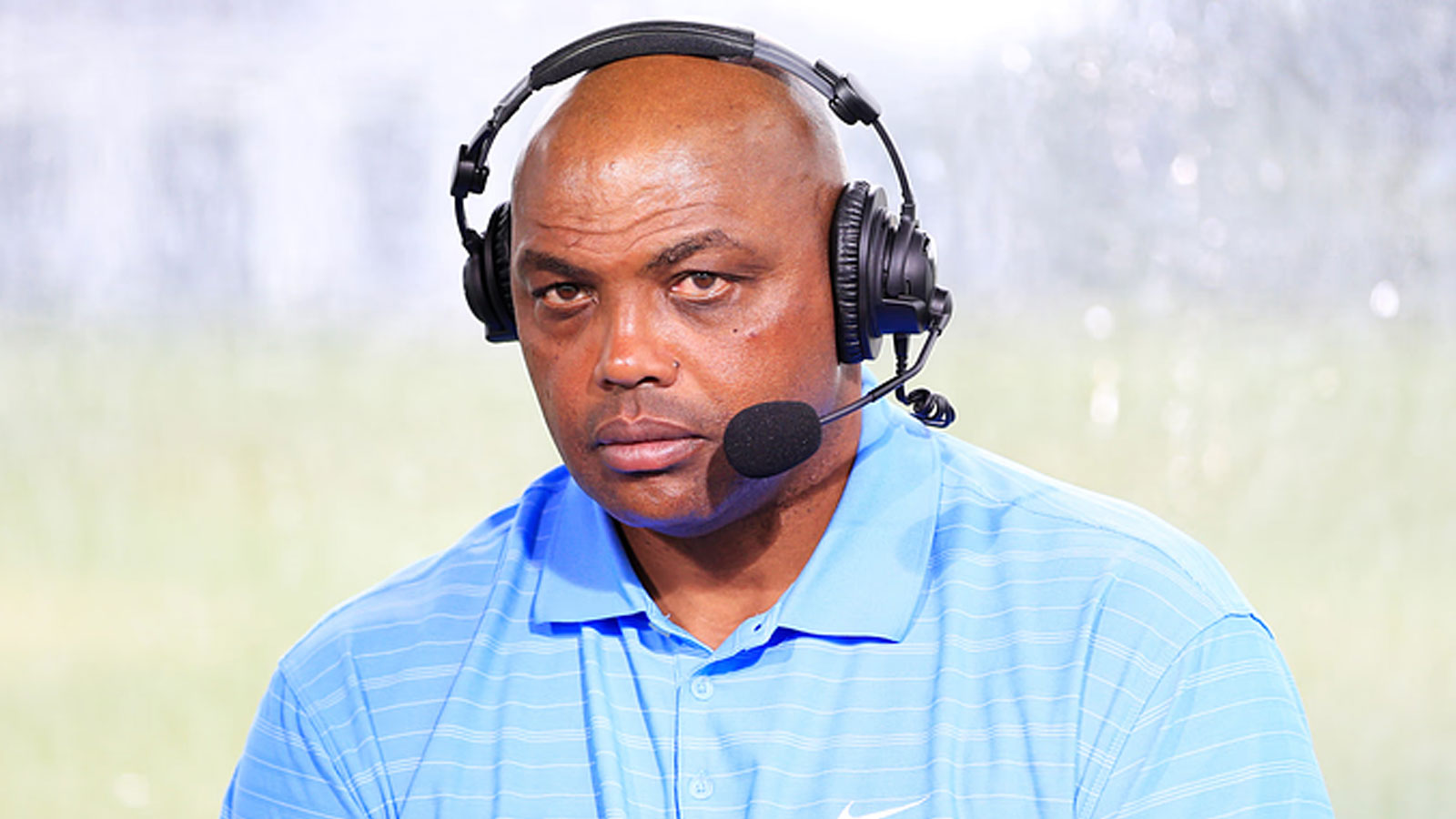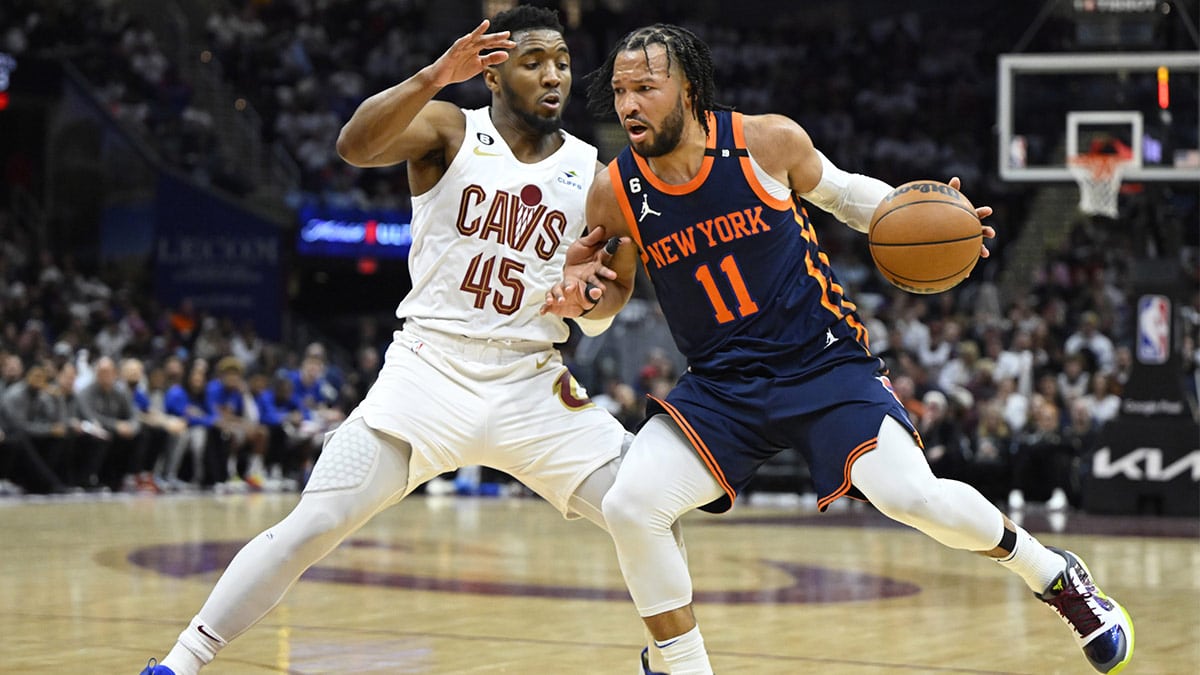The New York Knicks offseason began with a bang. They traded for rising star Mikal Bridges, giving up little by way of on-roster talent, although the deal has yet to be finalized. Then they re-signed the impactful OG Anunoby to a five-year, $212.5 million deal.
But the Knicks' offseason hit a snag on Monday, when it was announced that Isaiah Hartenstein agreed to sign a three-year, $87 million deal with the Oklahoma City Thunder. New York now has a gaping hole in its front court. So, they’ll have to find someone to step into the backup center spot.
Isaiah Hartenstein’s impact will be missed
Hartenstein’s success was surprising even to those familiar with his game. If there were any doubts regarding his potential, they were dispelled after he became the full-time starter following a Mitchell Robinson injury in December 2023. Hartenstein averaged 8.7 points, 9.4 rebounds, and 3.1 assists with a +12.1 plus/minus as a starter in 49 games. And the Knicks went 32-17 in 2023-24 in the games in which he started.
To summarize, Hartenstein grew into a quasi-elite center. He developed a lethal floater around the rim, showed off his impressive passing on a regular basis, and dominated the offensive glass. His impact was never clearer than in Game 2 against the Philadelphia 76ers, when he corralled an offensive rebound that led to a go-ahead three-pointer from Donte DiVincenzo.
But he outgrew his contract. And through a tricky stipulation in the collective bargaining agreement (CBA), New York could offer a maximum of only four-years, $72 million, and that simply wasn’t enough.
Importance of replacing Isaiah Hartenstein
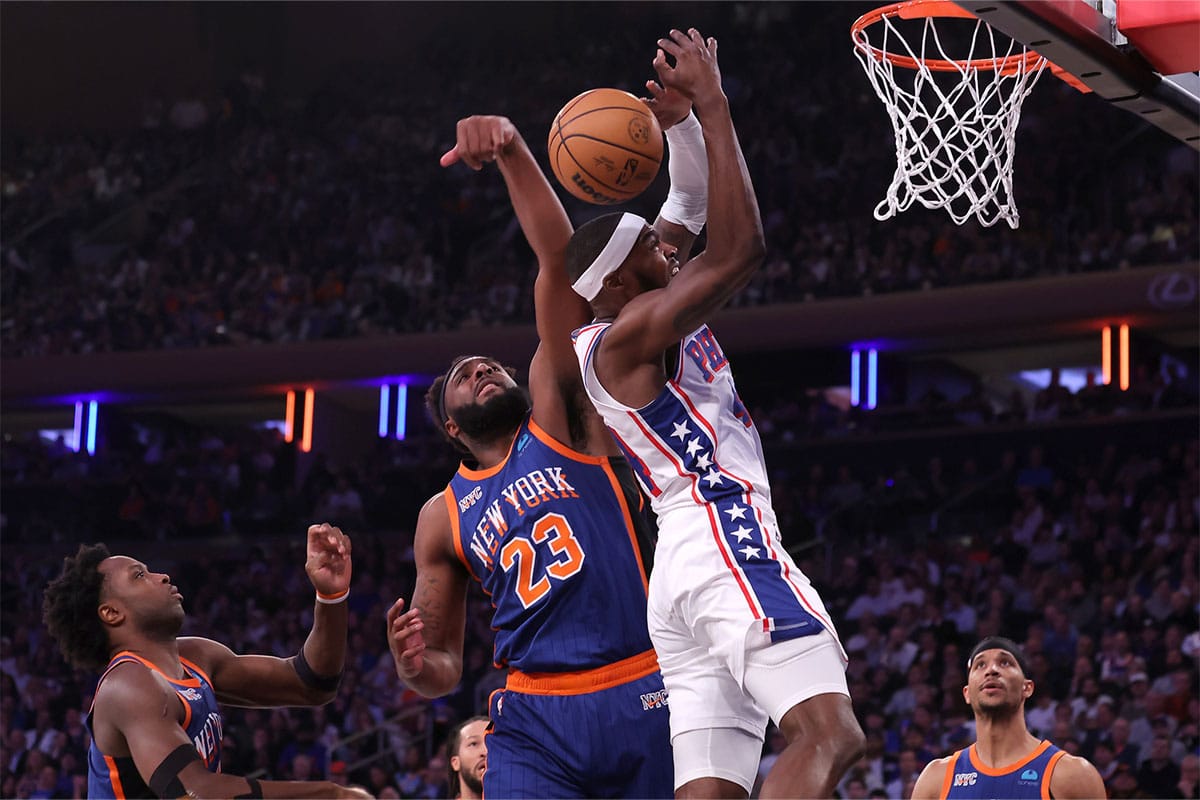
Yes, Hartenstein was incredibly valuable. But the value in adding a qualified replacement has as much to do with Robinson’s health as it does Hartenstein’s production. Robinson, the starter as of the beginning of the 2023-24 season, has played fewer than 60 games in four of his six professional seasons. Hopefully, he remains healthy. But that’s not something New York should rely on.
The Knicks should at least be able to re-sign Precious Achiuwa, although even that’s not guaranteed. Doing so allows New York to bring back most of its core, other than Hartenstein. And swapping Bridges and a healthy Julius Randle for Hartenstein should be a net positive for New York. Still, a second center is a must-add.
The Knicks are limited by the NBA’s salary cap
That’s the (multi) million dollar question. Hartenstein is uniquely talented, and he was affordable. He signed for two-years, $16 million in 2022. But New York is unlikely to replace Hartenstein’s production at that price. And sadly, they are unable to spend much more than that.
Following the Mikal Bridges trade, the Knicks will be hard-capped. As is, New York cannot spend more than $178.1 million (the first-apron). They are only $5 million shy of that as currently constructed. But the Knicks could add players to the Bridges’ deal, which could result in them being hard-capped at the second-apron ($188.9 million). In other words, the Knicks might only have the $5 million taxpayer midlevel exception to sign someone.
There are few assets on the Knicks who are not valued. They could consider trading Miles McBride, but that’s a long shot considering how well he played in the second-half of last season and in the 2024 playoffs. They do own a few trade exceptions (one worth $6.8 million and one worth $5.2 million). But trade exceptions can’t be combined, so we are talking about adding players making less than $7 million in 2024-25.
Options are scarce via free agency
Unfortunately, there are few free agents remaining that can really impact the Knicks’ rotation. Andre Drummond signed with the Philadelphia 76ers for two-years, $10 million. And Goga Bitadze re-signed with the Orlando Magic for three-years, $25 million.
There is another member of the Magic, Moe Wagner, who might fit the bill. Wagner’s option was not picked up by Orlando, meaning he is an unrestricted free agent. The six-year veteran scored at least 10 points and grabbed at least four rebounds in less than 20 minutes per game in each of the last two seasons. But Orlando may have turned down Wagner’s option to temporarily maximize cap space; he can still re-sign with the Magic.
Beyond Wagner, the best remaining centers include Xavier Tillman, Chimezie Metu, and Dario Saric. None of the aforementioned centers come close to the output that Hartenstein offered.
Ultimately, New York’s best bet might be to examine the trade market. And while locking up a backup center now is preferable, the Knicks might be better off waiting to make an in-season trade, as some teams wait to offload salary until they are sure they are unable to compete.
Knicks’ fans shouldn’t be too discouraged by the team’s inability to re-sign Hartenstein. Yes, losing him hurts. But the team has improved, and free agency just commenced. And when push comes to shove, the Knicks are still a title condender as currently constructed. So, enjoy the rest of the offseason and prepare yourselves for all that next season will bring.

